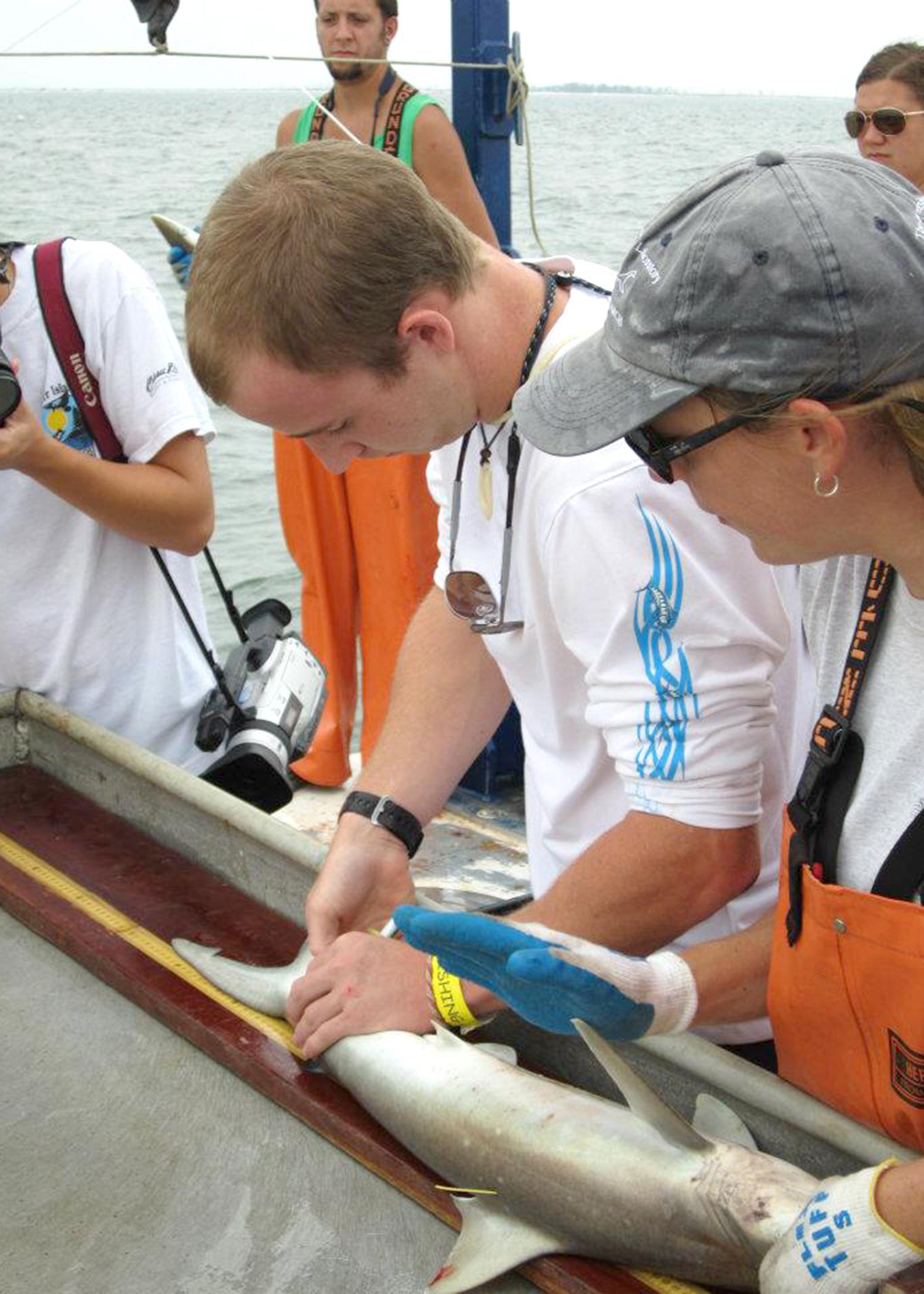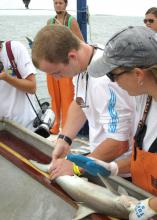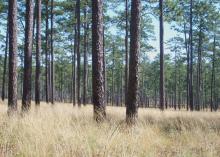Information Possibly Outdated
The information presented on this page was originally released on July 16, 2013. It may not be outdated, but please search our site for more current information. If you plan to quote or reference this information in a publication, please check with the Extension specialist or author before proceeding.
4-H wildlife program inspires conservation
MISSISSIPPI STATE – A 4-H program created in the South is training the nation’s next generation of responsible landowners, land managers and wildlife professionals.
The Wildlife Habitat Education Program began in Tennessee in 1978 as a way to teach 4-H’ers the fundamentals of wildlife science and how to manage habitats to benefit different animal species. In addition to general information about wildlife and conservation, participants participate in contests to test their individual knowledge and their ability to work as a team to create a wildlife management plan.
Emily Carter, a Mississippi State University Extension agent in Sharkey County, has helped coach 4-H wildlife habitat education teams for nine years.
“I begin preparing my team for the competition in a classroom setting because it is extremely important for them to understand the contest itself, as well as wildlife identification and habitat requirements,” Carter said. “Once they are more familiar with the vocabulary and what to look for at a site, we head outside to a local area where wildlife management practices are actually being implemented.”
Area wildlife biologists meet with the teams to demonstrate and discuss concepts such as controlling non-native vegetation, planting food plots, managing ponds and building water control structures. The program also includes information on urban wildlife management practices, such as mowing, artificial feeders, and balcony and rooftop gardens.
“Children are drawn to the outdoors and love to learn about animals,” Carter said. “Plus, they get to learn management practices and spend time with adults who are passionate about preserving the wonders of our natural environment and local wildlife.”
Carter said the competition builds important skills, such as critical thinking, and gets kids outside, which encourages physical activity. The teamwork component builds social skills too.
“They learn to analyze a complex scenario and create a plan that addresses multiple factors ranging from the different species of animals on the property to the goals people have for the property, which can range from bird-watching to riding ATVs to hiking and hunting,” she said. “They really have to reason through the scenarios to figure out the best plan.”
The teams have to communicate well to share information they have learned, evaluate the best possible approach to the given scenario, write and present their ideas in a specific format and defend their decisions to the judges.
“These are skills they can use in any walk of life, whatever career path they choose,” Carter said.
The Wildlife Habitat Education Program takes advantage of Mississippi’s abundant natural resources.
“Mississippi is the perfect place for a young person to learn wildlife habitat requirements and management practices,” Carter said. “There is such diversity of habitat, with wetlands, bottomland hardwood forests and piney woods, as well as diverse wildlife species. You just drive a few miles, and the terrain will change.”
This 4-H program inspired at least one 4-H’er to pursue a career in wildlife and fisheries science.
Wesley Burger of Starkville, a junior at MSU, grew up exploring the woods and participating in traditional 4-H activities, such as livestock judging and shooting sports.
“I had a lot of fun in different 4-H projects, but wildlife judging piqued my interest,” Burger said. “The program gave me a scientific understanding of the world I’d grown up playing in and loving. I learned about nature’s inner workings and, more importantly, what needed to be done to preserve it.”
Burger started his studies at MSU intending to become a veterinarian but changed his mind and his major.
“I can confidently say the Wildlife Habitat Education Program was one of the biggest contributing factors in my change of heart,” he said. “Participating in that project was like getting to be a professional wildlife biologist and showed me that it was what I wanted to do for a career.”
For more information on the Wildlife Habitat Education Program, contact the local Extension office or visit Extension Wildlife.
-30-
Released: July 16, 2013
Writer: Keri Collins Lewis, MSU Ag Communications
Contact: Emily Carter, (662) 873-4246









